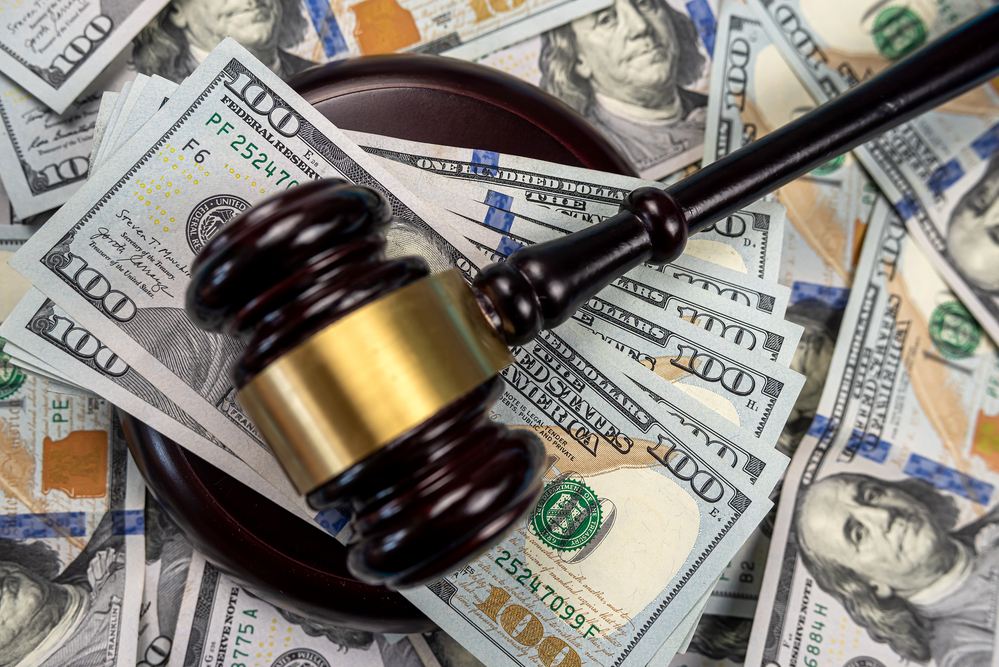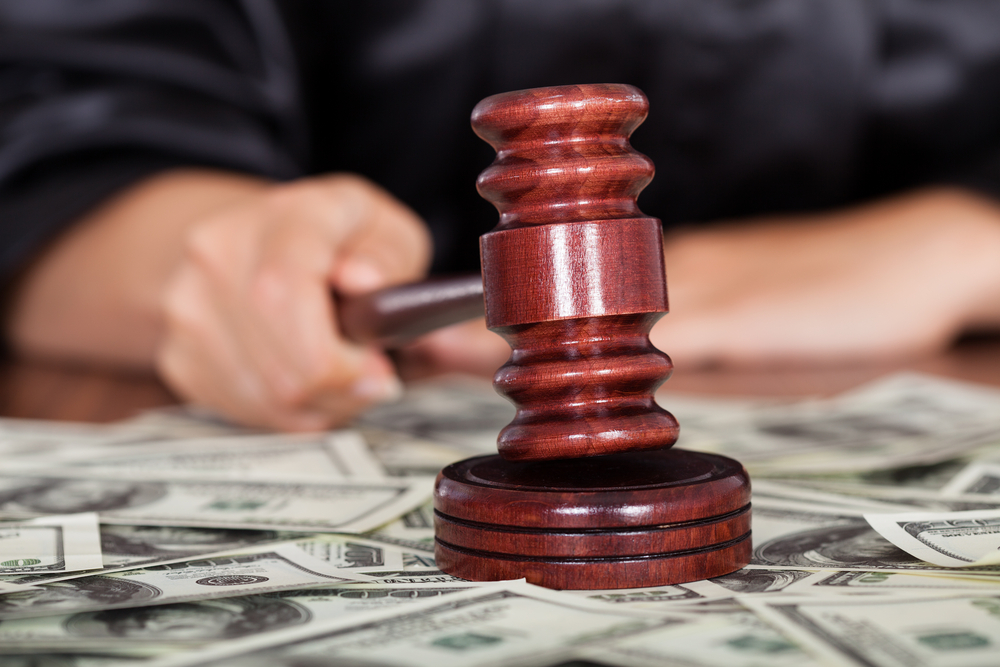Whistleblower Reward to Top $165M in Johnson & Johnson Settlement
After a recent settlement that Johnson & Johnson made with the federal government, the whistleblowers who brought attention to the company’s marketing problems will receive a record $168 million payment. For those employees in Pennsylvania, California and Massachusetts who helped with the investigation and brought the whistleblower lawsuits against J& J, the Department of Justice will divide the money.
In California, the sole whistleblower, Joe Strom sued Johnson & Johnson in 2005 in a qui tam lawsuit. He also helped the Justice Department prosecute the company. A former sales rep, Judith Doetteri went undercover, wearing a wire, to a Risperdal sales conference to help collect evidence against J&J. These employees, the ones who revealed fraud, under the qui tam provisions of the False Claims Act are entitled to a portion of the money recovered by the U. S government.
In order to receive any sort of monetary award, whistleblowers must be the first to bring the case to the government’s attention. The case cannot be publicized until the Department of Justice decides to join the prosecution of the case or not. If the government does decide to go forward with the case, the whistleblowers may receive between 15% and 30% of the money collected by the government in settlements.
Johnsons & Johnson recently agreed to pay $2.2 billion in a settlement to resolve claims that J&J illegally marketed Risperdal and other drugs. The company was charged with marketing Risperdal for uses other than those approved by the FDA. J&J was also charged with paying doctors and pharmacists to prescribe the drug to patients.
In many cases, Johnson & Johnson promoted Risperdal for off-label use as a chemical restraint for elderly dementia patients. This form of restraint is often considered nursing home abuse and can potential harm the lives of those elderly dementia patients. To avoid complete shutdown, Johnson and Johnson agreed to pay $485 million in criminal fines, $1.72 billion in civil liability settlements, and entered a cooperate agreement which allows the government to closely monitor the company’s activities.
The investigation took nearly a decade to complete. In 2004, the Department of Justice began to investigate Johnson and Johnson’s marketing of Risperdal. They first began to investigate a kickback scheme that had been allegedly started between J&J and Omnicare. In 2009, the Department of Justice found that Johnson & Johnson had paid Omnicare millions to push off- label use of Risperdal to nursing homes. In 2010, The Department of Justice filed a False Claims Act complaint against J & J for also promoting Risperdal for use among children before FDA approval. The Department of Justice repeatedly warned the company to stop promoting Risperdal as safe and effective for uses not approved by the FDA.
Notwithstanding claims relating to this product, the drug/medical device remains approved by the U.S. FDA.
News Tags
- urgent
Have you been affected by a drug or device listed?

You May Be Eligible for Compensation.
If you or a loved one suffered injury or death after using a drug or medical device, contact us today for a free case evaluation.
We value your privacy. By submitting this form, you agree to our privacy policy and disclaimer.


